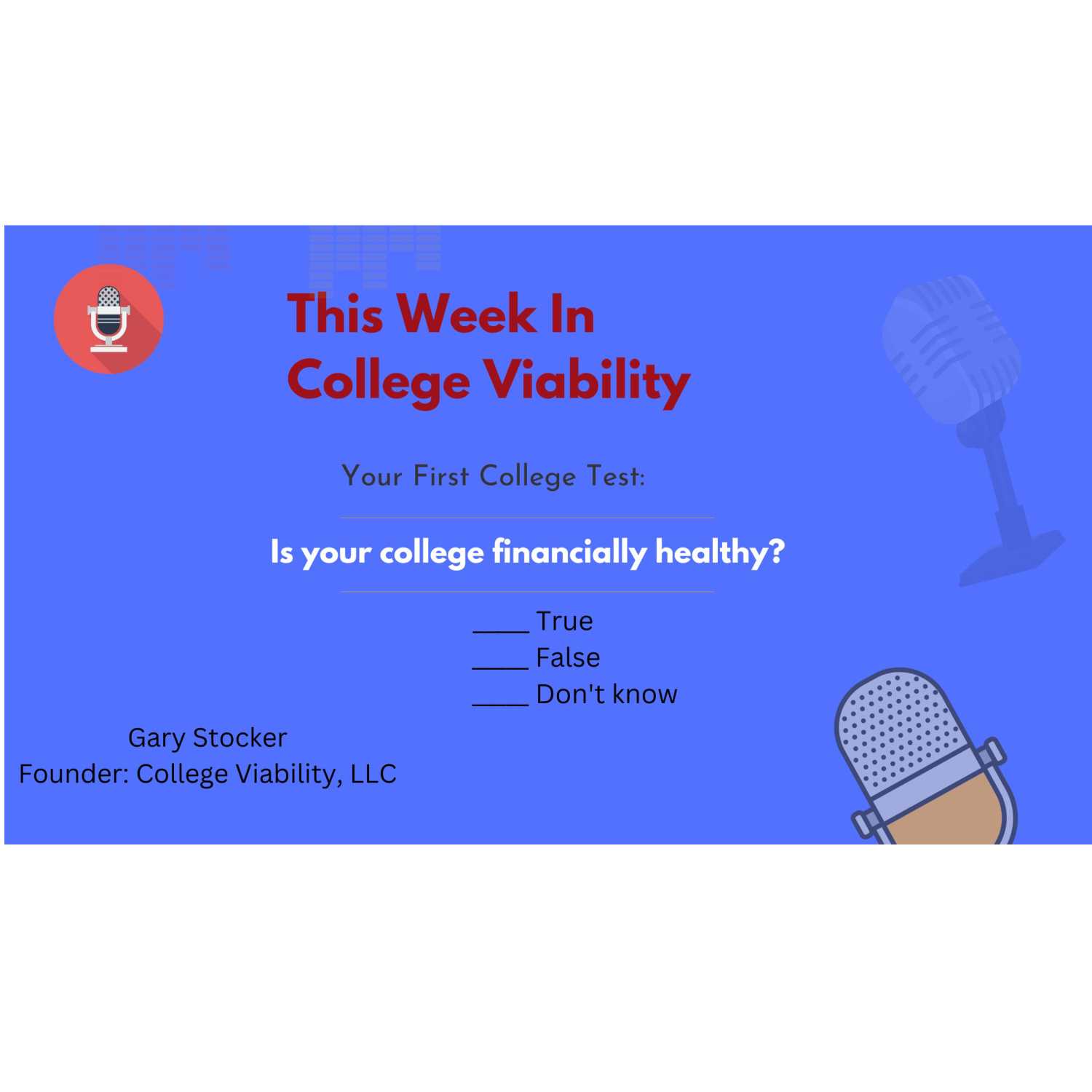- After-Shows
- Alternative
- Animals
- Animation
- Arts
- Astronomy
- Automotive
- Aviation
- Baseball
- Basketball
- Beauty
- Books
- Buddhism
- Business
- Careers
- Chemistry
- Christianity
- Climate
- Comedy
- Commentary
- Courses
- Crafts
- Cricket
- Cryptocurrency
- Culture
- Daily
- Design
- Documentary
- Drama
- Earth
- Education
- Entertainment
- Entrepreneurship
- Family
- Fantasy
- Fashion
- Fiction
- Film
- Fitness
- Food
- Football
- Games
- Garden
- Golf
- Government
- Health
- Hinduism
- History
- Hobbies
- Hockey
- Home
- How-To
- Improv
- Interviews
- Investing
- Islam
- Journals
- Judaism
- Kids
- Language
- Learning
- Leisure
- Life
- Management
- Manga
- Marketing
- Mathematics
- Medicine
- Mental
- Music
- Natural
- Nature
- News
- Non-Profit
- Nutrition
- Parenting
- Performing
- Personal
- Pets
- Philosophy
- Physics
- Places
- Politics
- Relationships
- Religion
- Reviews
- Role-Playing
- Rugby
- Running
- Science
- Self-Improvement
- Sexuality
- Soccer
- Social
- Society
- Spirituality
- Sports
- Stand-Up
- Stories
- Swimming
- TV
- Tabletop
- Technology
- Tennis
- Travel
- True Crime
- Episode-Games
- Visual
- Volleyball
- Weather
- Wilderness
- Wrestling
- Other
New DOE college merger rules: So what?
The market pressures on both public and private colleges will continue to move toward consolidation in some format. The recently released DOE rule changes on mergers will not substantively change the direction the HE market was already headed. The DOE changes in merger criteria and processes will only expedite market forces already in place. Specifically, more closures; few consolidations (mergers).I have already noted that many financially-stressed private colleges wait too long to engage in consolidation discussions. They typically wait so long that any potential partners who look at their finances regulalry take a hard pass. I continue to argue that the die is already cast for many smaller, mostly rural private colleges.There are already 200-plus private colleges on my viability watch list using FTE enrollment, admissions yield. 4-year graduation rates, and endowment as the criteria. While it is unlikely all 200-plus will close, it is all but certain many will.Here is the link to the IHE story by Katherine Knott.Here is a promotional link to both the private and public college versions of the College Viability app. Each version retails at $1,500. Through December 31st, you can order both for $947.

